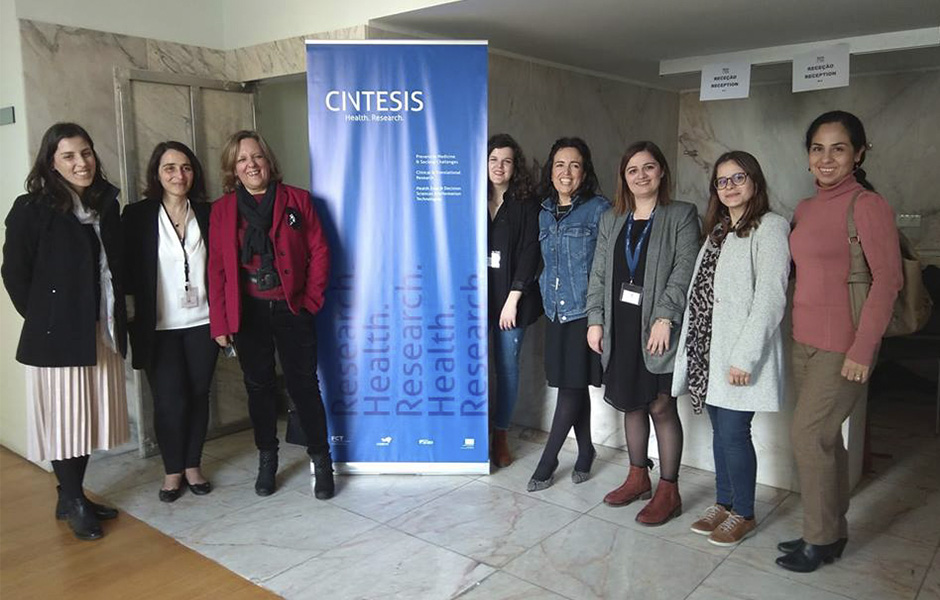The project Best4OlderLGBTI, developed by researchers from CINTESIS – Center for Health Technology and Services Research, has been officially launched. The kick-off was given at an international conference, which brought together about a hundred people at the Abel Salazar Institute of Biomedical Sciences of the University of Porto on February 28.
Entitled “Sexuality in Ageing: Time for Equality and Inclusion”, addressed the issue of discrimination based on age (ageism), sexual orientation, gender identity, gender expression and sexual characteristics of older people.
The event is part of the Best4OlderGBTI project, a campaign to raise awareness about LGBTI (lesbian, gay, bisexual, transgender and intersex) issues in elderly population at the European level, with a view to fight prejudice, stigma, violence and abuse.
“We need to talk about the sexuality of the elderly and their different forms of expression. Services will have to adapt to this diversity,” says Constança Paúl, a CINTESIS researcher and head of the CAS050+ – Center for Service and Care 050+, a non-profit organization aimed at promoting and pursuing initiatives in the health, well- being, active aging and the quality of life of the elderly.
“We need to talk about the sexuality of older people and their different forms of expression. Services will have to adapt to this diversity,” says Constança Paúl, a CINTESIS researcher and the head of the CAS050 + – Center for Service and Care 050+, a non-profit organization aimed at promoting and pursuing initiatives that address the health, well-being, active ageing and quality of life of the elderly.
In this context, several actions are planned for online awareness, with translation into the languages of the various partners, including the dissemination of videos with short accounts conveying positive and inclusive messages, as well as face-to-face actions directed at different audiences, including health and social professionals, teachers and students.
The researchers will also adapt a Portuguese intervention program to change attitudes towards ageism, a type of prejudice based on age, like for example, thinking that from a certain age on there is no more sexuality.
“We have been studying ageing for a long time and the invisibility of sexuality in the elderly is something that has always troubled us. In the case of the LGBTI population, there is a double discrimination (on age and on sexuality grounds), which must be fought,” says Maria João Azevedo, from CINTESIS.
According to the researcher and psychologist, one of the great challenges that LGBTI people face, especially in old age, is the contact with health professionals, because they are afraid to open up, to assume their sexuality. Age exacerbates all problems experienced throughout life. In addition, transgender people have different, specific health needs that must be cared for,” explains Maria João Azevedo.
At the social level there are also urgent problems, such as that of institutionalization. “If we think of the classical institutions in Portugal, the question is very sensitive. If it is already difficult for a heterosexual couple to have a room in a retirement home, for example, imagine what the scenario can be for a homosexual couple,” she notes.
According to Rita Tavares de Sousa, also from CINTESIS, the aim will be “to contribute to improving the quality of life of older people by involving them and giving them a voice throughout this process.”
The project has several partner organizations that develop projects in the same field and is funded by the Rights, Equality and Citizenship (REC) Programme of the European a Commission.

